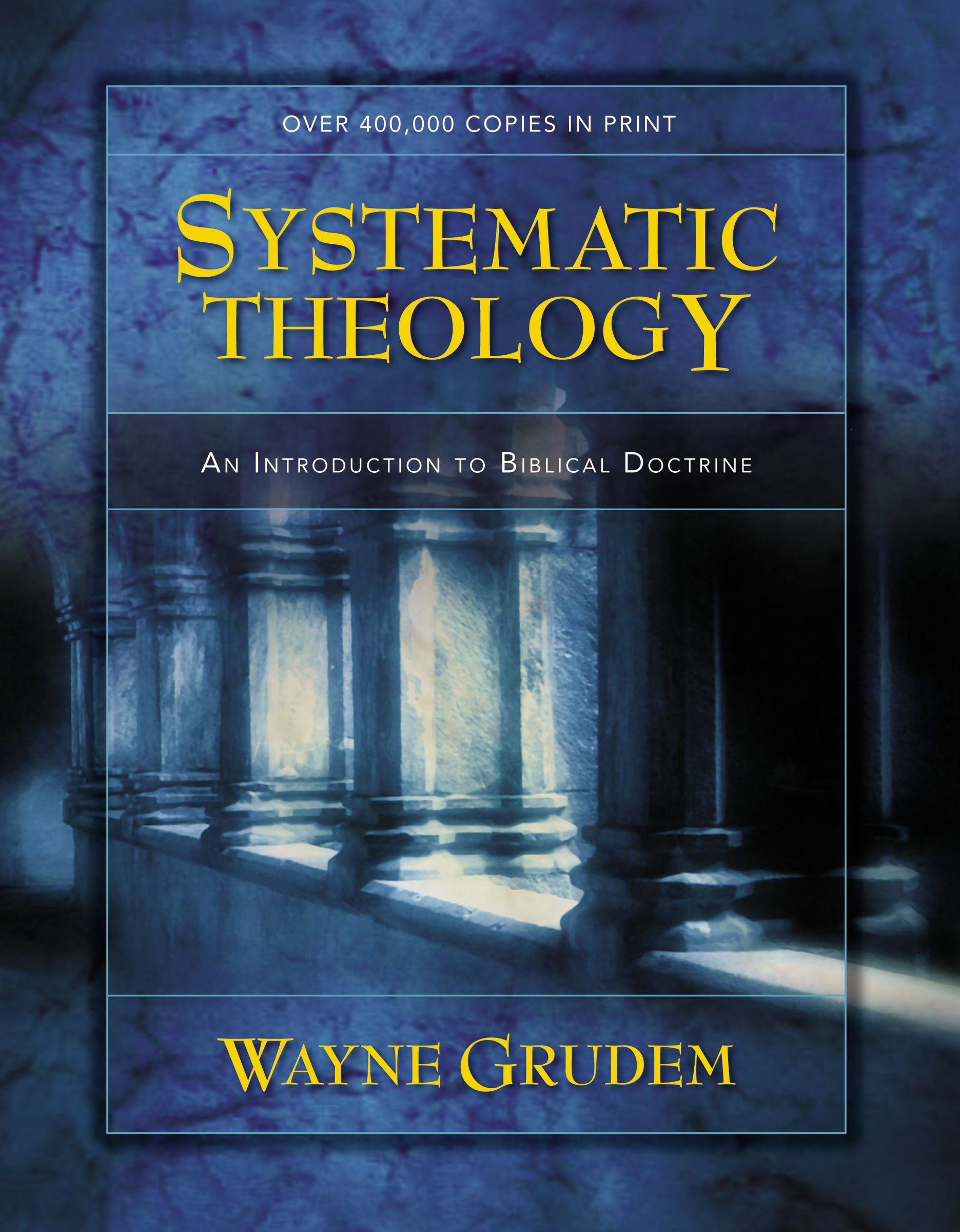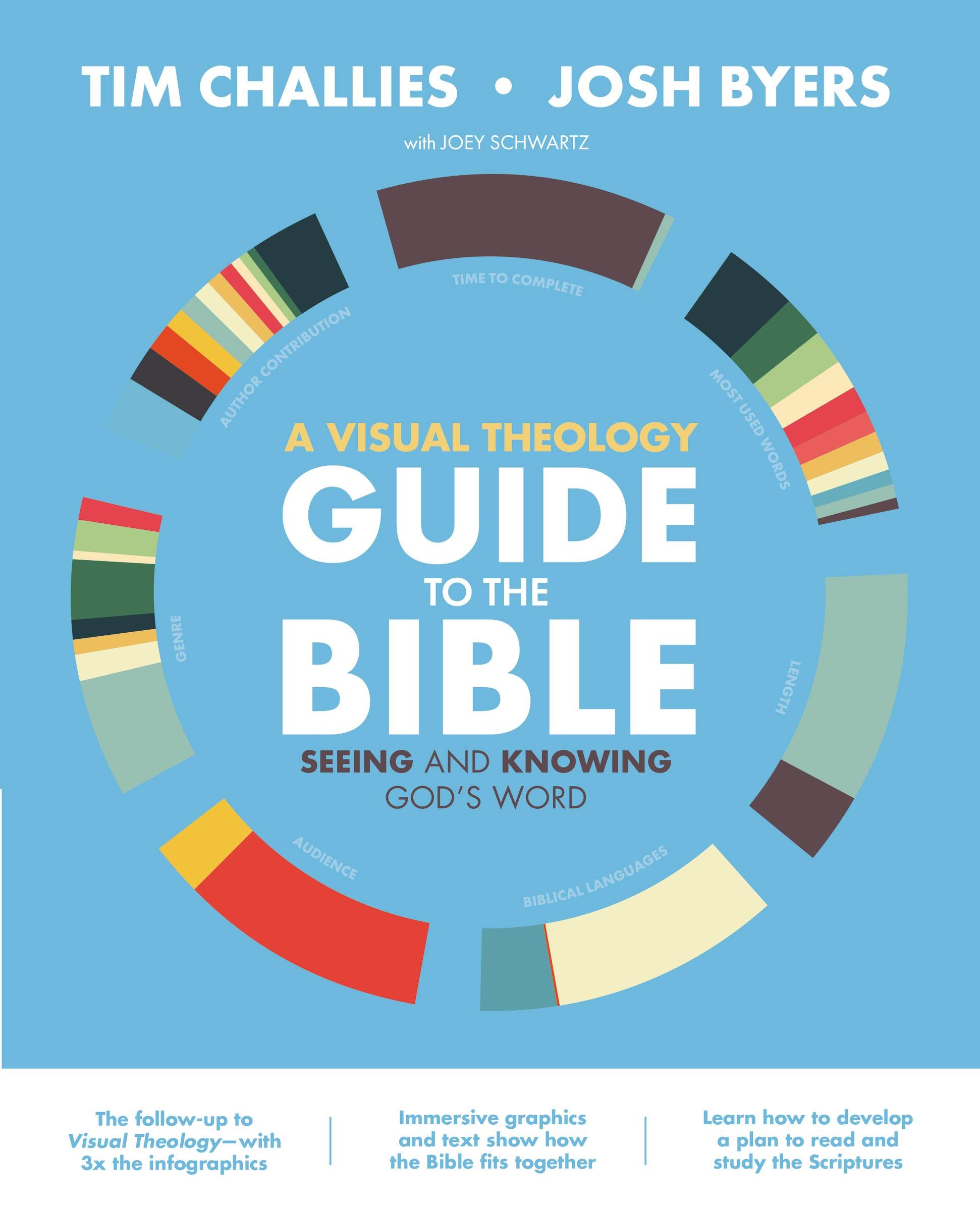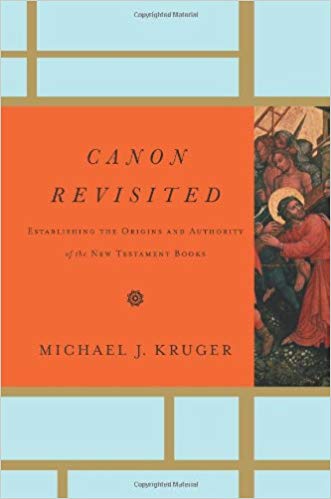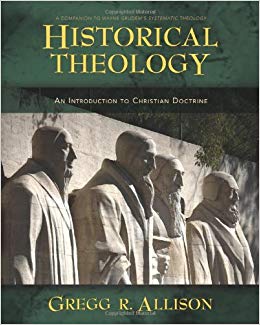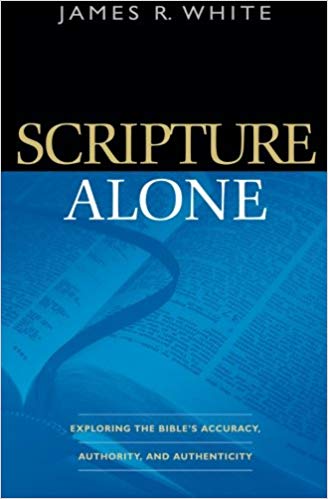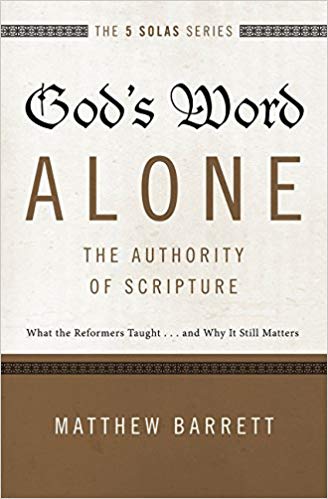Date taught: February – March 2020
Teachers: Andrew & Thaddeus
In this interactive Glorious Doctrine class, we take a look at the doctrine of Scripture. What do we believe about the Bible?
In a world where the Bible is increasingly coming under attack, Christians must know what they believe about God’s Word and why. This doctrine is so foundational to the shape of our faith that to misunderstand or underappreciate it is to risk the very real danger of falling into significant error or compromise.
We’ll be taking a look at questions like:
-
What does the phrase ‘Sola Scriptura’ mean?
-
Is the Bible really all we need, or should we look at different sources of truth also?
-
Does the Bible contain errors?
-
Can we really understand what the Bible means? If so, how do we interpret Scripture?
-
How do we know what books belong in the Bible?
-
What about the claims of Roman Catholicism’s Tradition and other religions that add other sources of revelation to the Bible?
-
What about the problem of errors in the manuscripts of the New Testament -doesn’t that mean we can’t trust them?
If you’ve ever wondered about any of these types of questions, then this class is for you. This 5-week class will take us systematically through the doctrine of God’s Word as we answer these important questions and deepen in our love and study of the Bible!
Optionally, you can purchase the course textbook, Bible Doctrine by Wayne Grudem, online HERE.
We pray that this interactive class will deepen your understanding of God’s Word, your appreciation of His Gospel of Grace, and add fuel to your awe and worship!
CLICK TO JUMP TO CLASS SESSIONS
- Introduction & The Canon of Scripture
- Inspiration & Authority
- Sufficiency & Necessity
- Clarity & Interpretation
- Inerrancy & Apologetic Challenges
RECOMMENDED RESOURCES – Some further resources on various topics in the doctrine of scripture.
SESSION 1: INTRODUCTION & CANON
Print out the worksheet PDF (below) in the session materials and use these video/audio recordings to follow along with the session.
(TIP: You can use the gear icon to speed up/slow down the video playback speed so you can follow better)
SESSION 1 MATERIALS
These are the materials used during this session. Feel free to use them if you’d like to go through the session personally or together with a small group or Bible study.
SESSION WORKSHEET
TEACHER'S NOTES
PRESENTATION SLIDES
ASSIGNMENTS FOR NEXT SESSION
Below are the assignments to prepare for the next session in this class.
1. READ
In preparation for the next session, please read:
- 2 Timothy 3:16-17
- 2 Peter 1:20-21
2. WATCH
Here are some optional videos you can watch:
3. DISCUSSION QUESTIONS
Here are some discussion questions for this week’s session:
-
Why is it important to your Christian life to know which writings are God’s words and which are not?
-
How would your Christian life be different if you had to look for God’s words that were scattered among all the writings of Christians throughout church history?
-
Mormons, Jehovah’s Witnesses, and members of other cults have books that they consider as “inspired” by God which they add to their canon. Why shouldn’t those additional books be considered canonical? In practice, do these people treat the Bible as an ultimate authority equal to these other “revelations”?
SESSION 2: INSPIRATION & AUTHORITY
SESSION 2 MATERIALS
ASSIGNMENTS FOR NEXT SESSION
1. READ
In preparation for the next session, please read:
- Grudem, Bible Doctrine, p.54-61
2. WATCH
Here are some optional videos you can watch:
3. DISCUSSION QUESTIONS
Here are some discussion questions for this week’s session:
-
Because authority can be abused, isn’t it dangerous to talk about biblical authority?
-
What about when Christians feel that God speaks to them directly apart from the Bible? Is this to be considered as authoritative? Is this consistent with the doctrine of ‘Sola Scriptura’?
-
What about other religions that claim their books are authoritative? Is it possible that both the Bible and some other books can be Divinely authoritative?
-
How does your life practically show that you really believe in the inspiration and authority of the Bible? What are some ways that this doctrine impacts the way you live your life and shapes your beliefs?
SESSION 3: NECESSITY & SUFFICIENCY
SESSION 3 MATERIALS
ASSIGNMENTS FOR NEXT SESSION
1. READ
In preparation for the next session, please read:
- Grudem, Bible Doctrine, p.50-54
- 2 Peter 3:16
- Psalm 19:7 & 119:130
2. WATCH
Here are some optional videos you can watch:
3. DISCUSSION QUESTIONS
Here are some discussion questions for this week’s session:
-
Do you know of anyone who ever became a Christian without either reading or hearing someone tell them what the Bible said? What then is the primary task of an evangelistic missionary?
-
Do God’s principles in Scripture and the apparent guidance we receive from feelings, conscience, advice, circumstances, human reasoning, or society ever seem to conflict? How should we seek to resolve the conflict?
-
Considering the doctrine of the sufficiency of scripture, what relative emphasis should we put on reading Scripture itself and on reading other Christian books?
-
Have you ever wished that the Bible would say more than it does about a certain subject? Or less? Why? How is God’s wisdom shown in the fact that He chose not to make the Bible as long/short as it actually is?
-
In the light of this chapter, how would you find God’s “perfect” will for your life? Is it possible that there would be more than one “perfect” choice in many decisions we make? (Consider Ps. 1:3 and 1 Cor. 7:39 in seeking an answer.)
SESSION 4: CLARITY & INTERPRETATION
SESSION 4 MATERIALS
ASSIGNMENTS FOR NEXT SESSION
1. READ
In preparation for the next session, please read:
- Grudem, Bible Doctrine, p.42-47
2. WATCH
Here are some optional videos you can watch:
3. DISCUSSION QUESTIONS
Here are some discussion questions for this week’s session:
-
Observing the diversity of interpretations of Scripture, some conclude, “People can make the Bible say anything they want.” How do you think Jesus would respond to this statement?
-
What would happen to the church if most believers gave up reading the Bible for themselves and only listened to Bible teachers or read books about the Bible?
-
If even seminary professors disagree about some Bible teaching, can other Christians ever hope to come to a correct decision on that teaching? (Give reasons for your answer.)
-
In your own words, explain what the steps of interpreting the Bible are (Observe, Interpret, Apply) and why is the order important?
SESSION 5: INERRANCY & TRANSLATION
SESSION 5 MATERIALS
ASSIGNMENTS
1. READ
As optional extra reading, check out:
2. WATCH
Here are some optional videos you can watch:
2. DISCUSSION QUESTIONS
Here are some discussion questions for this week’s session:
-
Why do you think the debate about inerrancy has become such a large issue in this century? Why do people on both sides of the question think it to be important?
-
If you thought there were some small errors affirmed by Scripture, how do you think that would affect the way you read Scripture?
-
Do you know of any Scripture texts that seem to contain errors? What are they? Have you tried to resolve the difficulties in those texts?
-
As Christians go through life learning to know their Bibles better and growing in Christian maturity, do they tend to trust the Bible more or less?
-
Does belief in inerrancy guarantee sound doctrine and a sound Christian life? How can Jehovah’s Witnesses say that the Bible is inerrant while they themselves have so many false teachings?
RECOMMENDED RESOURCES
Below is a shortlist of a few resources we recommend if you desire to continue learning more about the various topics of the doctrine of God’s Word.
Systematic Theology: An Introduction to Biblical Doctrine
The Christian church has a long tradition of systematic theology, that is, studying theology and doctrine organized around fairly standard categories such as the Word of God, redemption, and Jesus Christ. This is one of the core textbooks for this class.
A Visual Theology Guide to the Bible: Seeing and Knowing God's Word
We highly recommend this book!
The deepest truths of the Bible accessible in a way that can be seen, understood, and experienced like never before, combining graphics and text to teach the nature and contents of the Bible in a fresh and exciting way. For a beautiful, approachable, informative presentation of the concepts and principles of Scripture–turn to any page of A Visual Theology Guide to the Bible and be instantly immersed in the visuals and teachings of God’s Word.
Canon Revisited: Establishing the Origins and Authority of the New Testament Books
Exploring the history of the New Testament text from a theological perspective, Michael Kruger helps Christians understand the facts behind their faith and the legitimacy of the New Testament Scriptures. This is one of the best books on the New Testament Canon.
Historical Theology: An Introduction to Christian Doctrine
In Historical Theology, Gregg Allison offers students the opportunity to study the historical development of theology according to a topical-chronological arrangement, setting out the history of Christian doctrine one theological element at a time. This textbook is used in tandem with Grudem’s for the curriculum of this class.
Scripture Alone: Exploring the Bible's Accuracy, Authority and Authenticity
A denial of the sufficiency of Scripture is at the core of almost every form of opposition to the Christian faith today. Scripture Alone is written to instill a passionate love for and understanding of the Bible. In this defense of God’s inspired Word, readers will comprehend what “God’s Word”is, the nature of Scripture, the relationship of the Bible to tradition, how to apply Scripture to today’s issues, and much more.
God's Word Alone: The Authority of Scripture: What the Reformers Taught...and Why It Still Matters
In God’s Word Alone—The Authority of Scripture, scholar and pastor Matthew Barrett looks at the historical and biblical roots of the doctrine that Scripture alone is the final and decisive authority for God’s people. He examines the development of this theme in the Reformation and traces the crisis that followed resulting in a shift away from the authority of Scripture. Barrett shows that we need to recover a robust doctrine of Scripture’s authority in the face of today’s challenges and why a solid doctrinal foundation built on God’s Word is the best hope for the future of the church.
The materials for our GLORIOUS DOCTRINE CLASSES are offered through our website free of charge for personal use or in small groups for the edification of individuals in the body of Christ and the Church globally. Please, no editing or redistribution of this content without the expressed written permission of Hope Church Toronto West.
